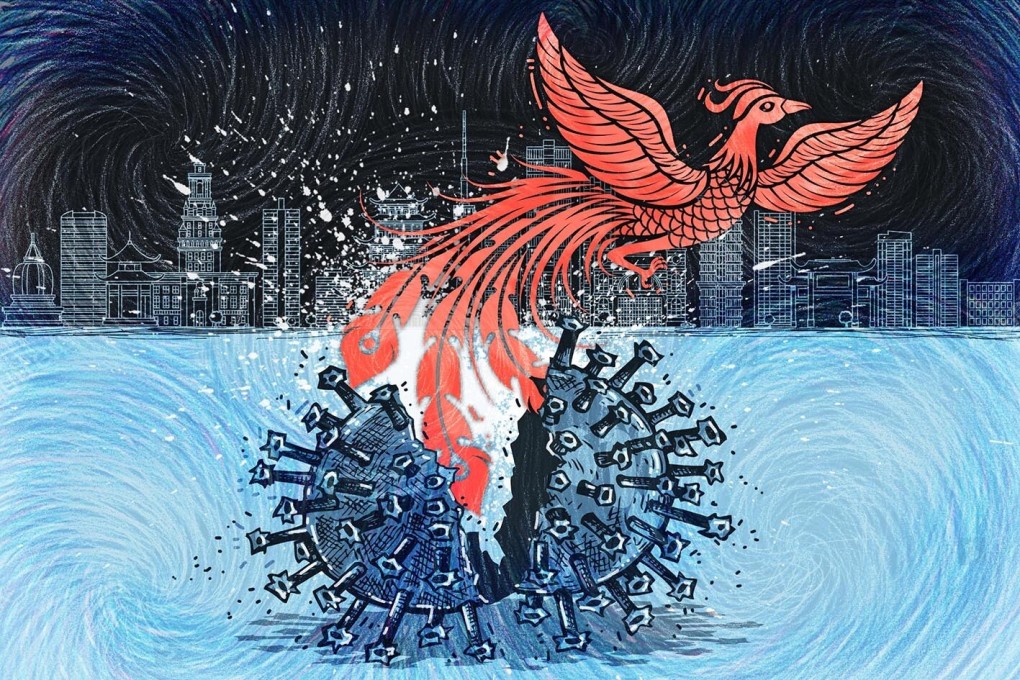Coronavirus: Wuhan’s rocking now the dark days are over
- Despite the media’s desire to commemorate the events of early 2020, most people ‘just want to forget about it and get on with our lives’, local man says
- But the health crisis has left its mark, with some older people who contracted Covid-19 and survived left nervous about going out

This is the 12th installment in our series on the Covid-19 pandemic, one year after the coronavirus first emerged in the Chinese city of Wuhan. We look at how the city’s residents enjoy getting back to normal as they avoid thinking back to darker times. Please support us in our mission to bring you quality journalism.
On a cold Wednesday night, young people crammed Vox Livehouse, a bar in central city Wuhan famed for its rock gigs, to party hard.
“Forget all your troubles tonight. Let’s just jump and get high!” lead singer of the band Madrat shouted to the crowd, who responded with more headbanging, crowd surfing and fists pumping in the air.
No social distancing rules were imposed. Masks were pulled under the chin or completely taken off.
“I’ve been to two gigs and I am going to five more. The epidemic is behind us,” said He Yiyi, 20. “I only wear masks because I am required to in shops, at work or on public transport, but I feel very safe and comfortable not wearing it at all.”